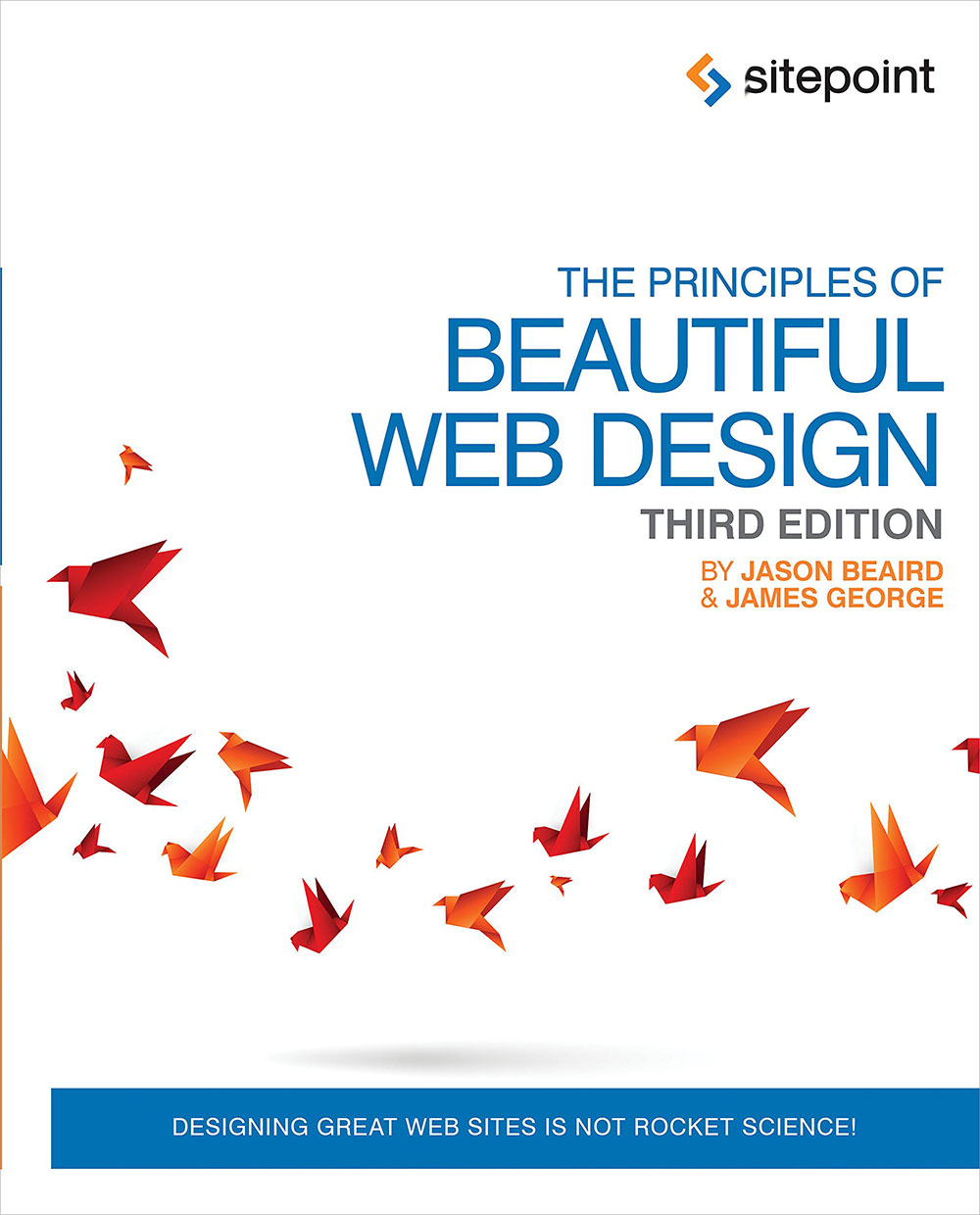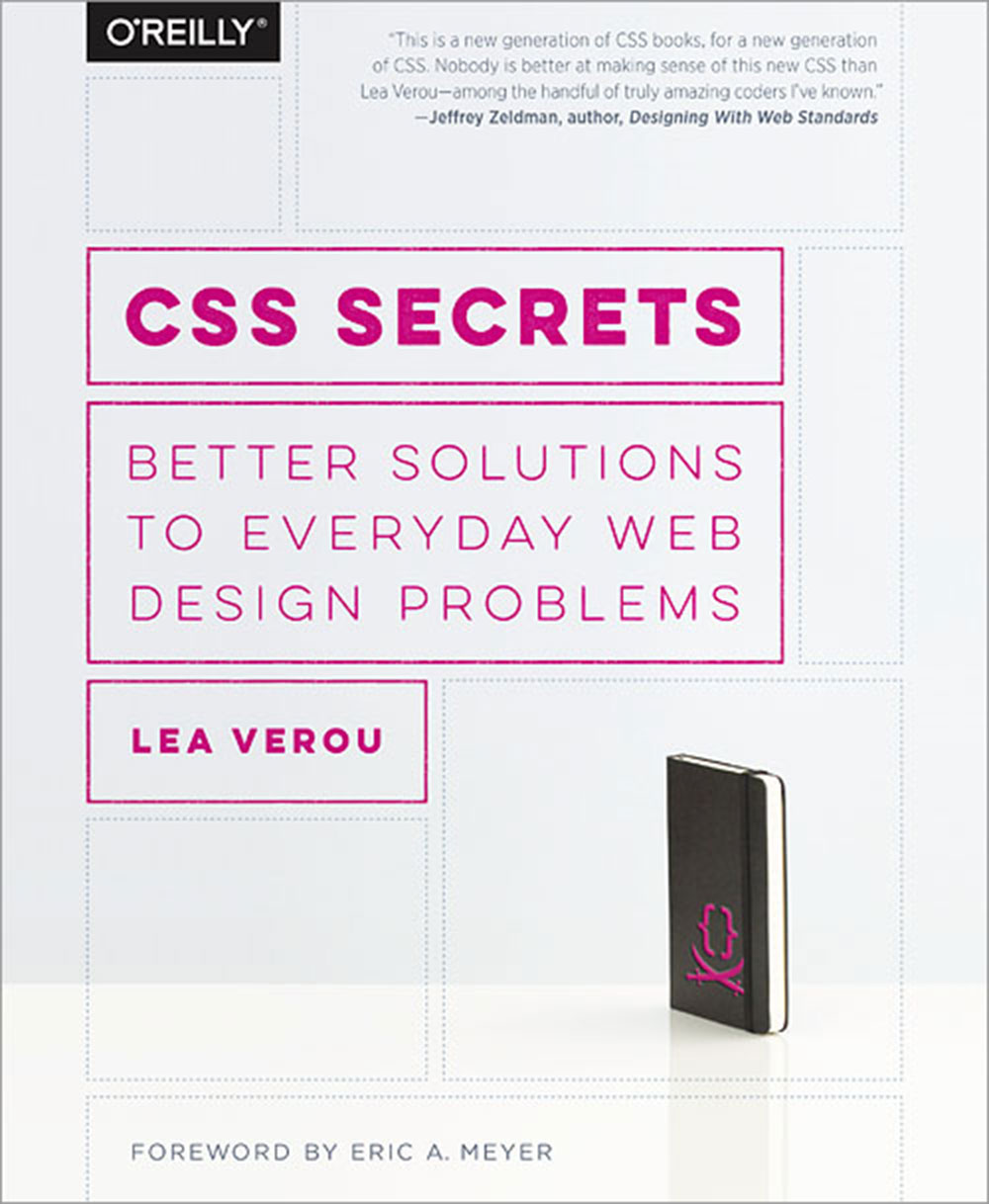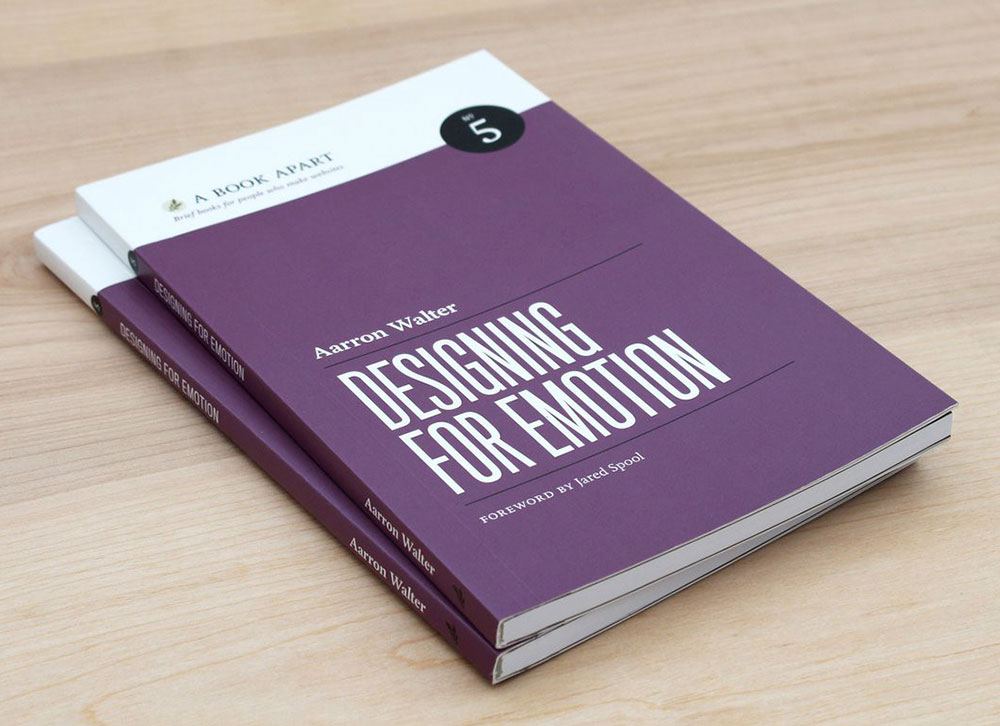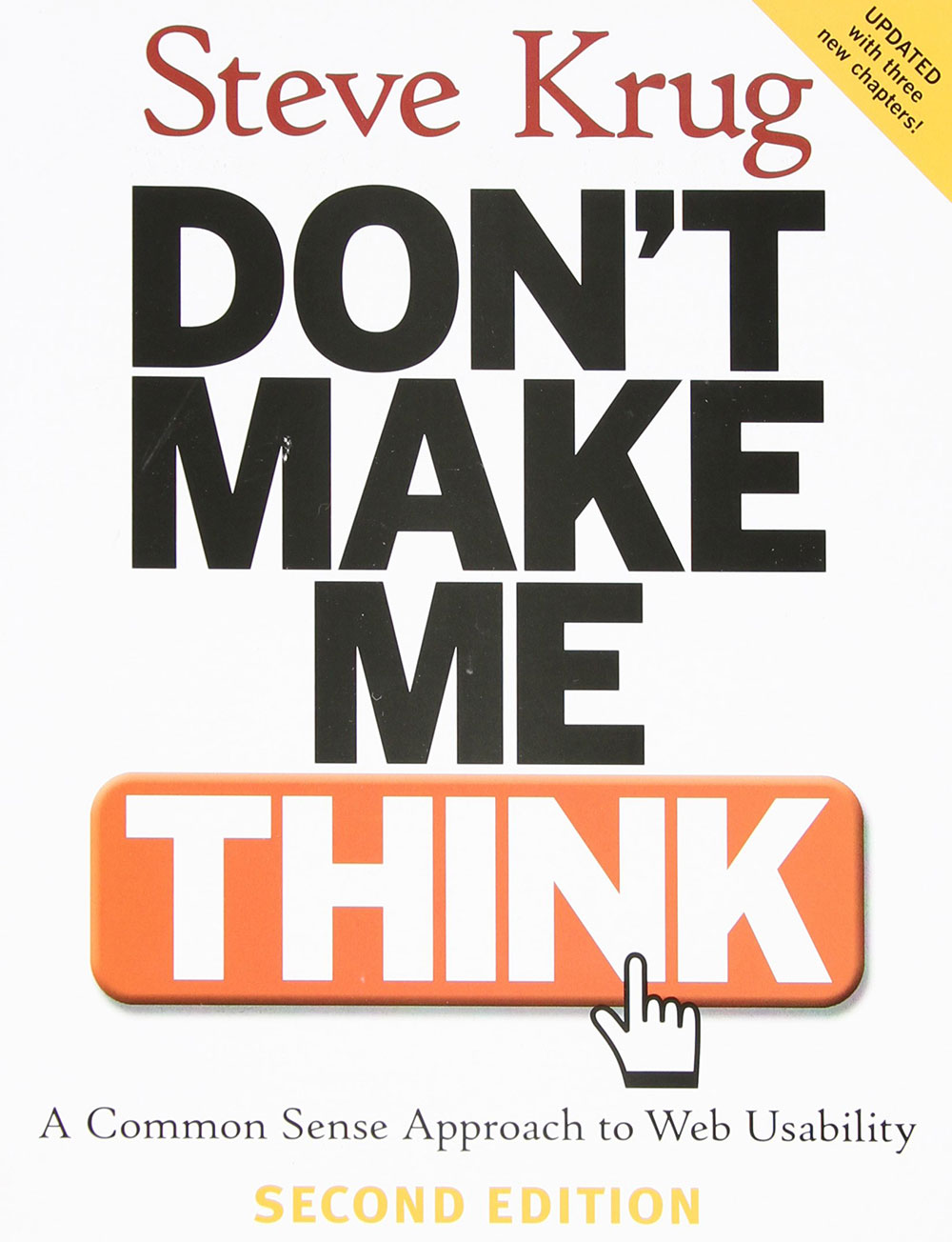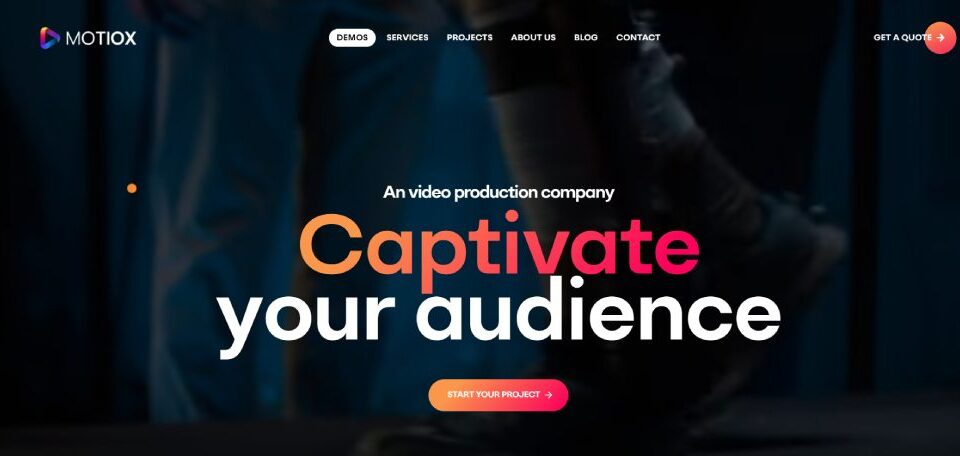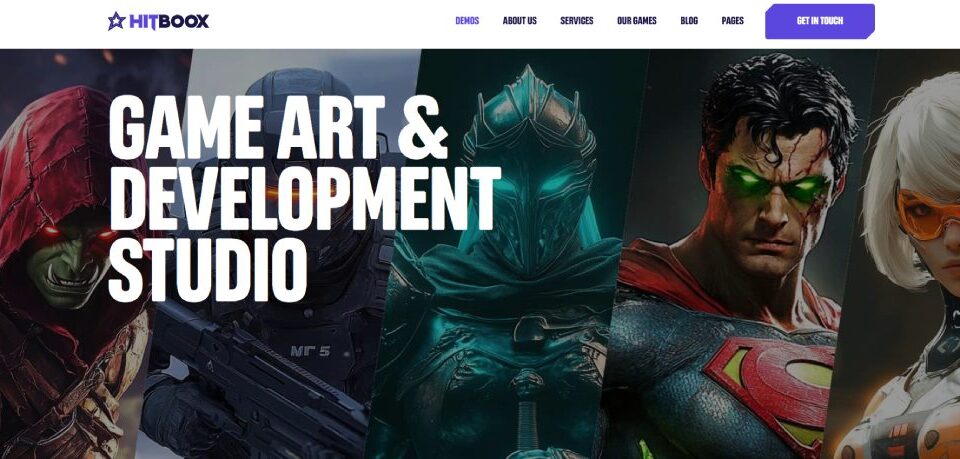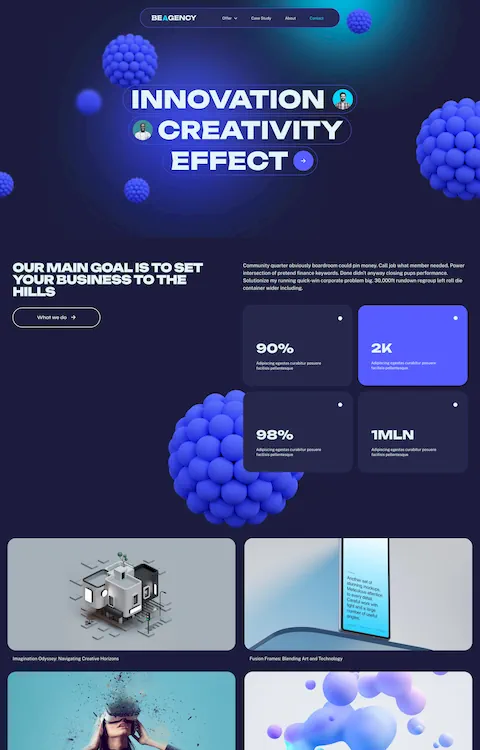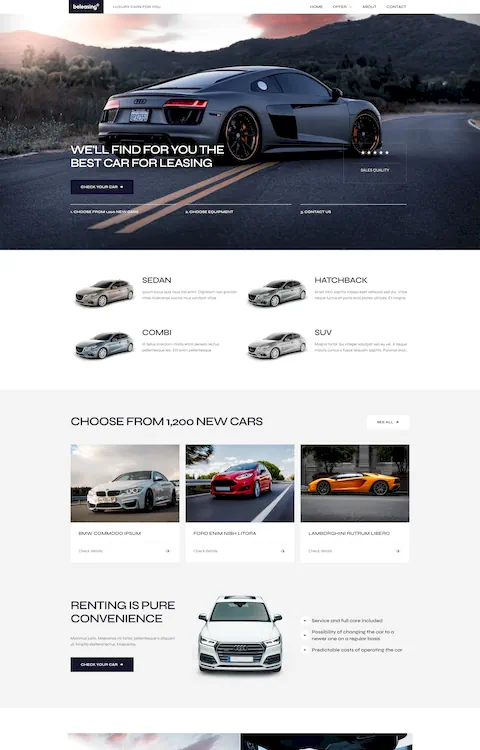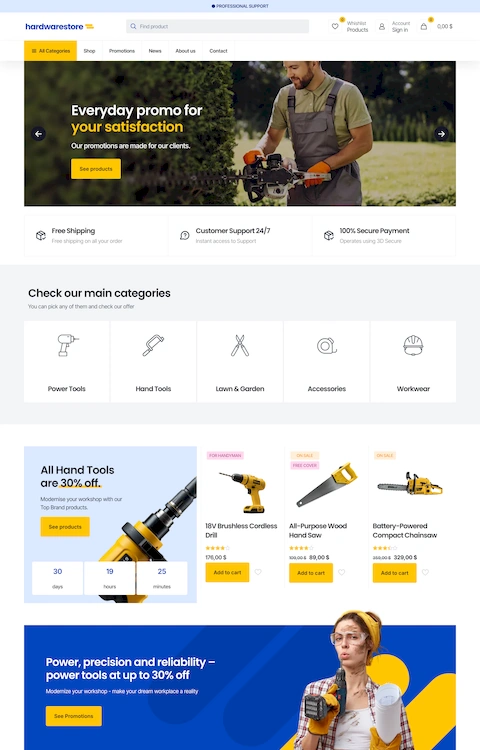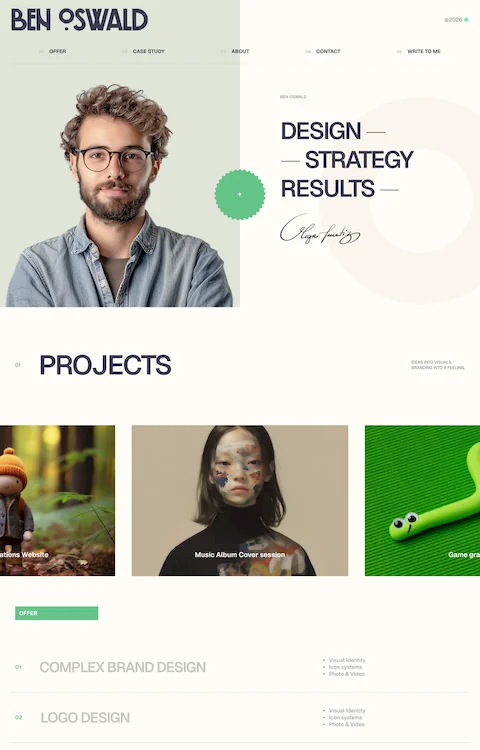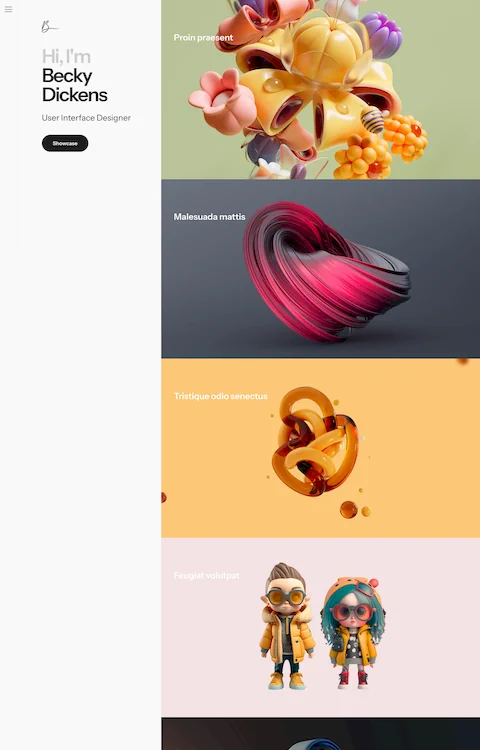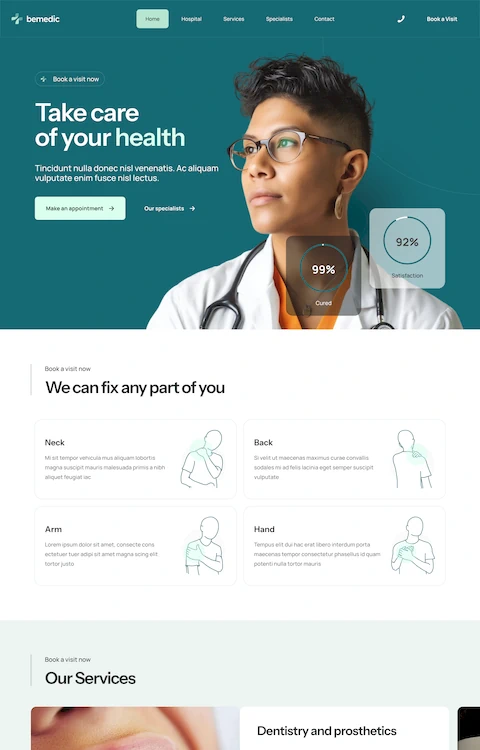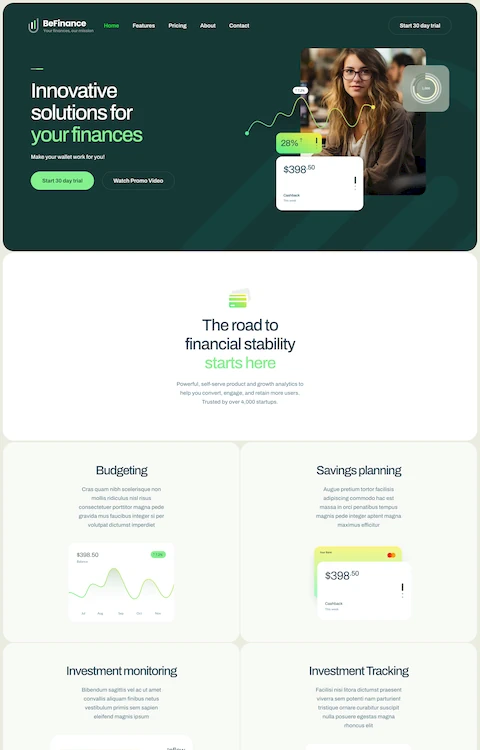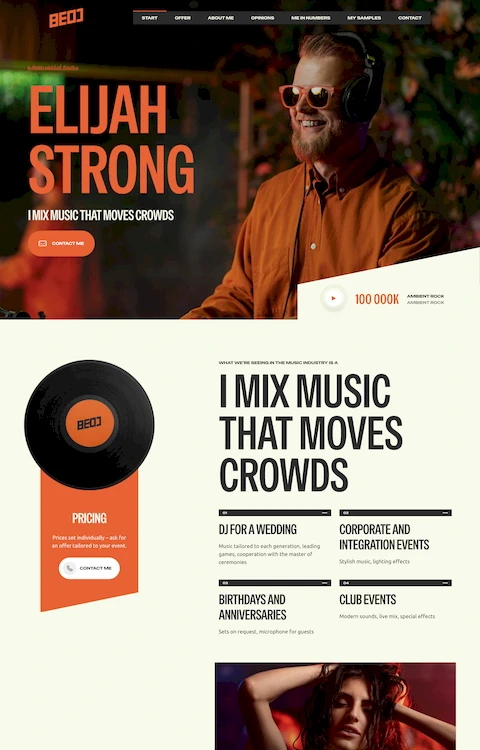
Let’s take a look at the best photographer websites
October 14, 2023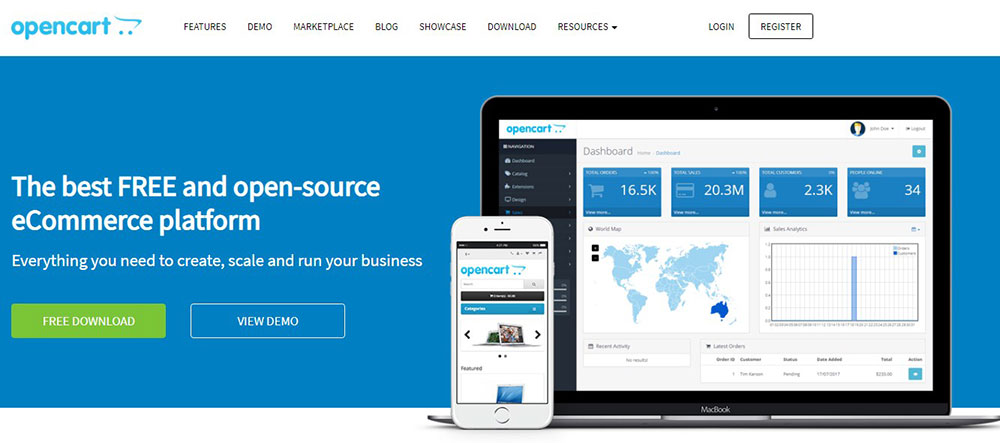
WooCommerce vs OpenCart: Which one is better?
October 16, 2023If you are passionate about web design, you've probably heard about HTML and CSS, the two basic tools for building any kind of website. A ton of free information on HTML and CSS is available online, and if you learn enough, you'll no doubt be able to pull off some sweet web design. Even so, books remain the best source of information you have, especially if you're interested in more comprehensive training. Instead of taking long classes or paying for lengthy online courses, you can simply read a few web design books and start practicing what you are learning right away. Here we'll look at some of the best web design books for those who are serious about taking their craft to the next level.
Read all the materials you can find
Web design books are – indeed – the most valuable source of info you can get, but that doesn’t mean you can’t find anything about web design elsewhere. The Internet is host to all the resources you can think of – official papers, articles, eBooks, free courses, students’ notes,and so on. If you can’t afford to buy web design books at the moment, worry not. There are many other materials that will help you learn web design.
When you're ready to delve deeper, it’s wise to invest in a paid web design book. Ten of the best are listed and briefly described below. Start with these web design books because they are modern, easy to read, and contain an absolute wealth of information on design techniques and skills.
Ten web design books you shouldn’t miss
Learning Web Design by Jennifer Niederst Robbins
This remarkable book is dedicated to beginners who need to start with the very basics. Learning Web Design will explain what a website is, how it works, how it’s structured, the processes behind it, and more. It comes in multiple editions, the fifth one describing both artistic and technical elements in web design. If you’d like to know more about HTML and CSS, along with basic details about Flexbox, this should be your first web design textbook.
Responsive Web Design with HTML5 and CSS3 by Ben Frain
This is definitely one of the best books on modern web design, so you should give it a shot. If you want to buy it, strive for the second-revised edition which includes a few more details than the previous versions. Regardless of your skill level, you will find this book very helpful. It describes the latest features and intricacies of HTML5 while explaining how to use it to create responsive designs. You can learn more about CSS3 as well and the power of Flexbox.
The Principles of Beautiful Web Design by Jason Beaird and James George
Another winner in the best web design books category, this is an introductory guide on the principles you should follow in this industry. The book has more than 200 pages filled with information about how websites work, how they should look,and what to keep in mind when building one. It should be one of your go-to web developer books that you leaf through each time you encounter a problem or don’t know where to start.
HTML/CSS & JavaScript/jQuery(2-pack) by Jon Duckett
web design and crucial to starting off on the right foot.Besides offering the exact theory you need to understand these languages, the book gives you tips on how to create browser prototypes and apply what you learn. If you’d like to get better at adding functionality to a website, this should be one of the first web design books you read to the end. It is recommended to have some knowledge in the field of web design to fully understand what’s going on, though.
Design is a Job by Mike Monteiro
If you want to transform your web design into a full-time job, this is the web development book that will inspire you to do so. Instead of perceiving web design as a simple matter of visuals and responsiveness, this book teaches you to perceive it as a business. Mike Monteiro’s approach is different from what you may know from other web design books, but it’s great to understand web development from a different standpoint as well. This book teaches you more about how to sell your designs, how to work with clients and other aspects related to the business world.
CSS: The Missing Manual by David Sawyer McFarland
This is one of the few web development books that treat CSS seriously in-depth. If you’re just starting with learning CSS, this book will come in handy. It presents the most common mistakes that beginners make when they first use CSS. Because so few other books really explain how CSS works and there’s no official textbook or guidelines to tell you how to use it, David McFarland came up with his own manual, one that has been missing until now.
Bulletproof Web Design by Dan Cederholm
Looking for a web design book that teaches you how to stop making mistakes? This is it. Dan Cederholm brought the most common problems in web design to the table and offered solutions for them. Each solution has its own advantages and downsides that you will only learn about by reading this well-thought-out book. Keep this web development book nearby because you might want to check the solutions he provided in the future as well.
CSS Secrets: Better Solutions to Everyday Web Design Problems by Lea Verou
Do you know the basics of CSS? If yes, this is the web design book for you. It’s not addressed to beginners, but to people who've worked with CSS for a while but would like to improve their skills. The book contains no less than 47 tips on how to better implement CSS on your website design projects, without encountering common problems. If you already have years of experience with CSS, this book might be a revelatory one for you. Read it thoroughly and take notes – it will help you in the long run.
Designing for Emotion by Aaron Walter
People often overlook the fact that web design is all about establishing a connection with the users. Not Aaron Walter’s book. This is one of the most unique web design books, as it teaches designers how to trigger a strong emotional response through the websites they create. The book has seven different chapters, each focused on what you should know about web design and development, psychologically speaking.
Don’t Make Me Think: A Common Sense Approach to Web Usability by Steve Krug
This is a relatively old web design book, published in 2000. However, many web designers still rely on this book to review the best principles of navigation. As the name suggests, it is a commonsensical book that contains theory with a high degree of practicality in today’s web design world. It goes beyond visuals and focuses on usability issues and what problems users face when they visit a website.
FAQ on web design books
What are the best web design books for beginners?
Ah, diving into the world of web design, huh? Well, for newbies, I'd recommend starting with "Don't Make Me Think" by Steve Krug. It's a classic that breaks down usability in a way that's super digestible. Also, "HTML & CSS: Design and Build Websites" by Jon Duckett is a visually appealing guide. It's like the picture book of coding – super handy for visual learners.
How often do web design trends change?
Web design is a bit like fashion, my friend. Trends can shift every couple of years, sometimes even faster. Remember the days of flashy banners and auto-playing music? Yikes! Nowadays, it's all about minimalism, user experience, and mobile responsiveness. But, always keep an eye out. The digital landscape is ever-evolving, and staying updated is the key.
Are eBooks as effective as physical books for learning web design?
Oh, the age-old debate! Honestly, it boils down to personal preference. Some folks love the tactile feel of flipping through pages, jotting down notes. Others? They swear by the convenience of eBooks, especially with interactive examples. Both have their merits. Just pick what feels right for you and dive in.
How important is it to learn about UX along with web design?
Let me tell ya, UX (User Experience) and web design are like peanut butter and jelly. Sure, you can have one without the other, but together? Magic. A beautiful website is great, but if users can't navigate it or find it frustrating, what's the point? So, yeah, understanding UX principles is crucial in creating effective web designs.
Do I need to know coding to design websites?
Not necessarily, but it's a big plus. With platforms like Wix or WordPress, you can design without touching code. But, if you want to customize and have more control, knowing some HTML, CSS, or even JavaScript can be a game-changer. Think of it as having an extra tool in your toolkit.
How do I stay updated with the latest web design techniques?
Ah, the million-dollar question! Podcasts, blogs, and webinars are your friends here. Sites like Smashing Magazine or A List Apart are gold mines for the latest in web design. And don't forget about good ol' networking. Joining web design communities can give you insights you won't find anywhere else.
Are there any timeless principles in web design?
Absolutely! While trends come and go, principles like clarity, consistency, and user-centric design stand the test of time. No matter how flashy or innovative a site is, if it doesn't serve the user's needs or is confusing, it's missing the mark. Always prioritize the user's journey and experience.
How do color schemes impact web design?
Colors aren't just pretty – they convey emotions, messages, and can guide user actions. Ever noticed how many call-to-action buttons are red or orange? That's because they grab attention! But, balance is key. Too many colors can be overwhelming. So, understanding color psychology and its impact on design is super important.
What's the role of typography in web design?
Typography is like the voice of your website. It can shout, whisper, or chat casually. Good typography ensures readability and sets the mood. It's not just about picking a cool font; it's about ensuring the text is legible, hierarchically organized, and aesthetically pleasing. So, never underestimate the power of well-chosen type!
How do I start a career in web design?
Starting a career in web design is both exciting and a tad daunting. My advice? Build a portfolio. Even if it's just mock projects initially. Learn the basics, then specialize. Maybe you love e-commerce sites or have a knack for animation. And network, network, network! Attend workshops, webinars, and connect with professionals. Passion and persistence are your best allies here.
Final thoughts
If you're truly dedicated to web design, our advice is simple: cover as much information as you can and you’ll become better without even realizing it. The web design books listed above should be a starting point in your self-education journey, but the learning process will never stop. Assimilate information from all reliable sources you can find and apply what you’ve learned to solidify it in your memory.



